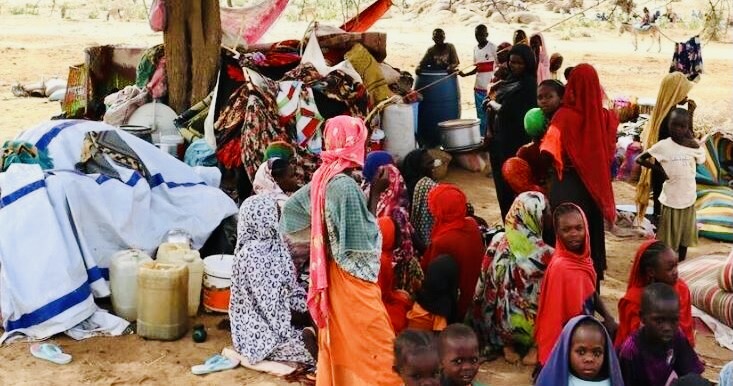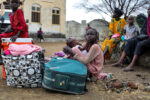RSF presence in Raja, South Sudan
4 October 2024
The continuous presence of the Rapid Support Forces (RSF) in Raja County of South
Sudan’s Western Bahr-El Ghazal State is causing uncertainty and daily fear of the unknown among residents and humanitarians alike.
Local residents say the RSF moved into the South Sudan localities after they captured South Darfur, which borders Raja County of South Sudan. It remains unclear why their presence came into the limelight after over six months.
The paramilitary RSF is currently embroiled in a fight against the Sudan’s national army, the Sudan Armed Forces (SAF), for the control of Sudan since last April, a conflict that has led to the worst displacement crisis in the world.
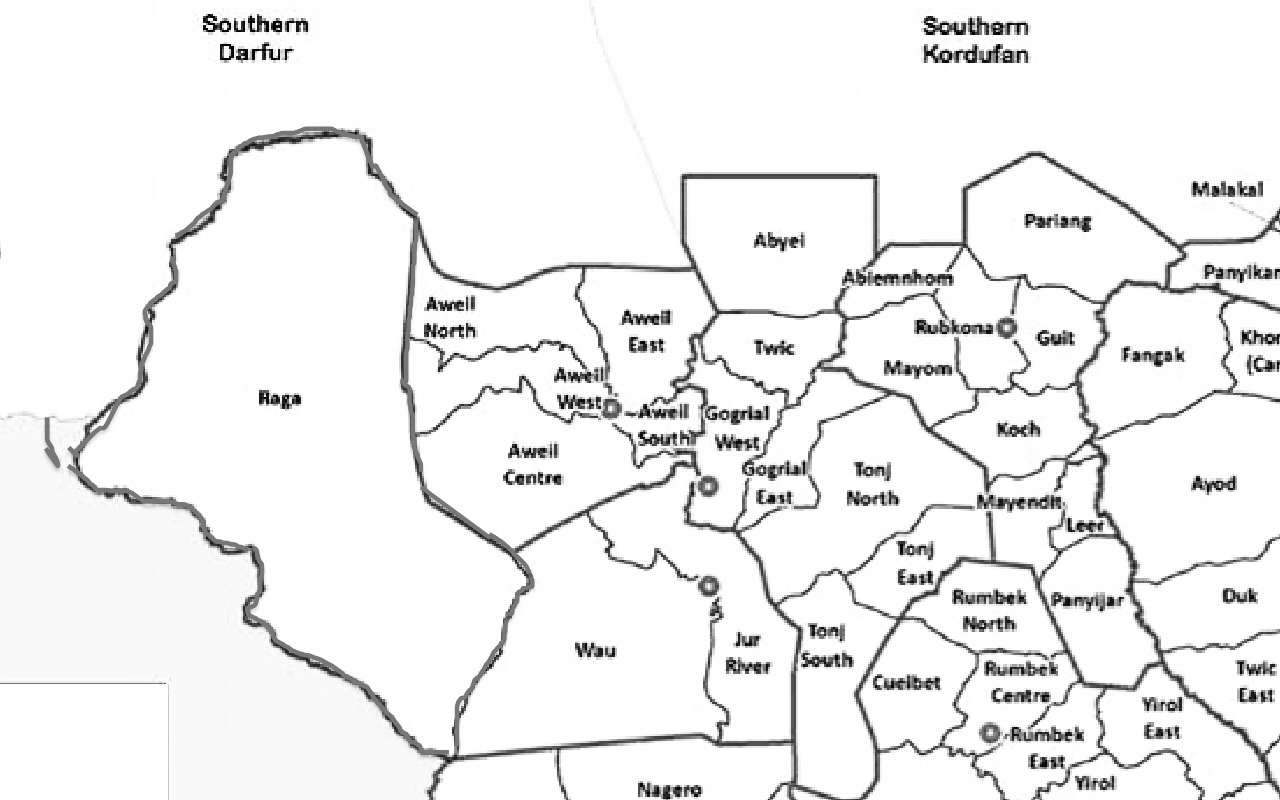
Several South Sudanese outlets last month reported the presence of the RSF within South Sudan’s borders despite conflicting statements from South Sudan’s national army, the South Sudan People’s Defence Forces (SSPDF), and the Western Bahr-el Ghazal State government.
Some humanitarian personnel in the county say that they have reduced their field visits for fear of the unknown. “We cannot stay away from our bases for so long. When we go out for field work, we make sure we are back before lunch; unlike in the past, when we could stay up to 3:00 pm local time,” says a humanitarian worker who requested anonymity as organisation does not mandate him to speak to the media.
Ordinary citizens who spoke to Ayin on the phone also decried the uncertainty that has engulfed their peaceful county. “We used to live and do everything freely, but not anymore. You can’t even have enough sleep as you’re always tense,” said Bakhit Al Salah, a 42-year-old local trader, born and raised in Raja County.
According to Al Salah, the authorities informed them that the RSF are in the mineral-rich localities of Kafia Kinji, Hofra Al Nahas, and Sungu.
Al Salah shares the County Commissioners fear that the RSF is believed to have set up camp in those localities to exploit the minerals that, according to Commissioner Archanegelo Musa, belong to South Sudan.
“Besides the issue of refugees and returnees from the Sudan conflict, there is the issue of the insecurity threat the RSF pose to the county,” Musa told Radio Tamazuj. “They are now involved in the exploitation of South Sudan’s mineral resources in the localities they occupy. The RSF come into the area not as refugees but have become a huge force.”
Despite the widely reported encroachment of the RSF into the territories of South Sudan, SSPDF and the South Sudan Ministry of Foreign Affairs remain tight-lipped on the issue.
There are also conflicting reports from military sources on the ground, with some echoing the fears of the locals and others denying any knowledge of the RSF’s presence. A senior military officer based in Raja said the SSPDF only received army soldiers who abandoned their posts in those localities as civilians after collecting their guns, with full knowledge of the government in Juba.
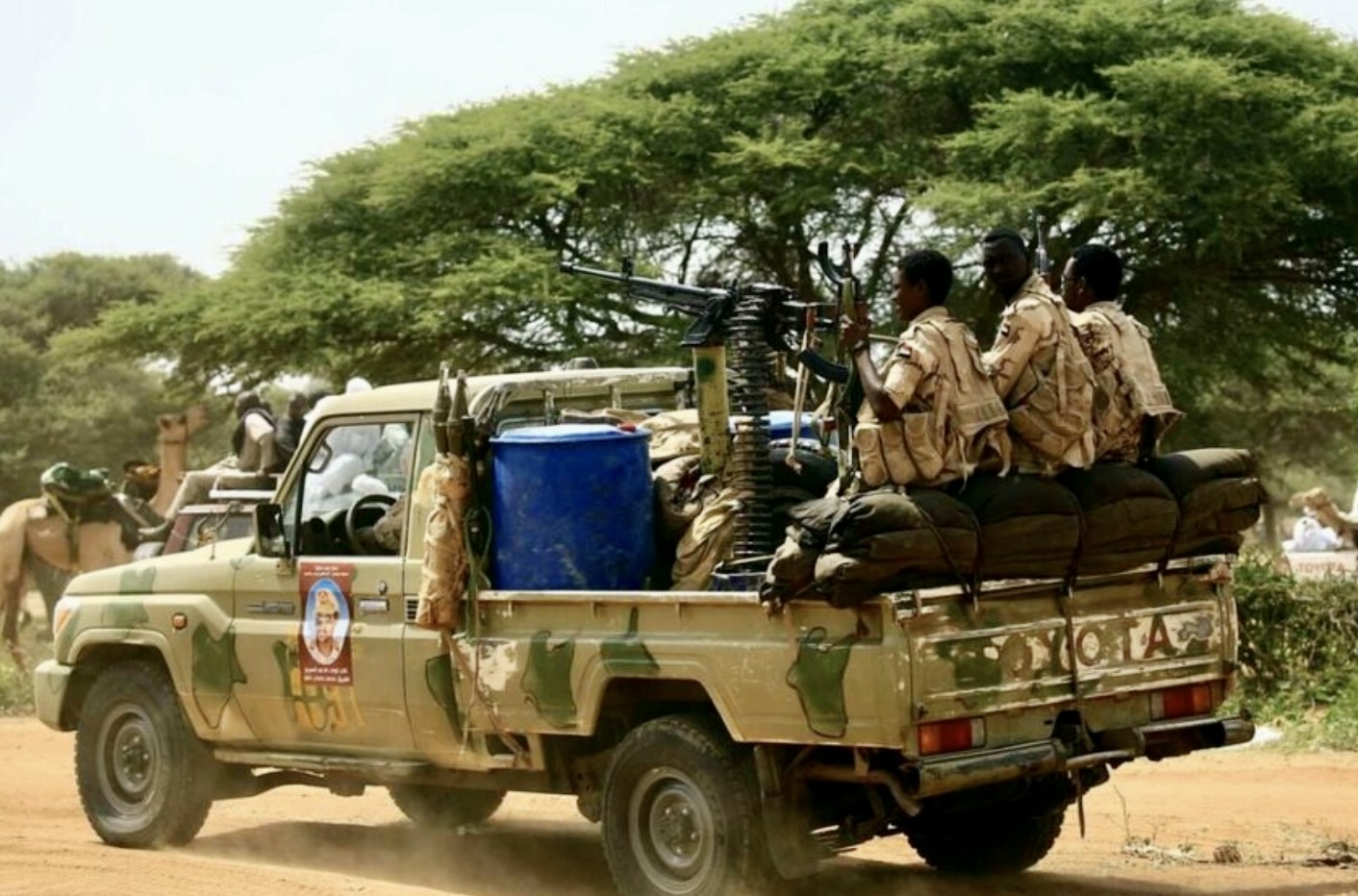
Army presence
At the start of July, local sources also confirmed to the media that a platoon of Sudan’s army soldiers—over 200—was received by the SSPDF in Northern Bahr El Ghazal State after the RSF overran their base in neighbouring Western Kordofan State.
Akol Dok, a refugee policy expert at Orus Consulting, urges the South Sudan government to engage their Sudan army counterparts on how to manage the soldiers they received. Just like the situation in Raja, Dok calls for cooperation at all levels of government to resettle them.
“South Sudanese returnees need to be allowed to return to their home areas and the refugees in camps. This will enhance the protection of our borders, though it will require better cooperation between the state and national government,” Dok said. “The lack of cooperation between the different levels of government is likely to leave the state overwhelmed.”
As confusion rages on what and who should act to allay the locals’ fears, grocery dealer El Salah urges the national government to intervene instead of staying quiet. “The last thing we want now is fear of the Sudan conflict spilling over to our country, as we have suffered and are still suffering since the start of the conflict,” Salah said. “From the extremely high cost of doing business to most families now living from hand to mouth, and some of us having to accommodate returnees and refugees in this difficult season where floods are also swallowing us from all corners.”
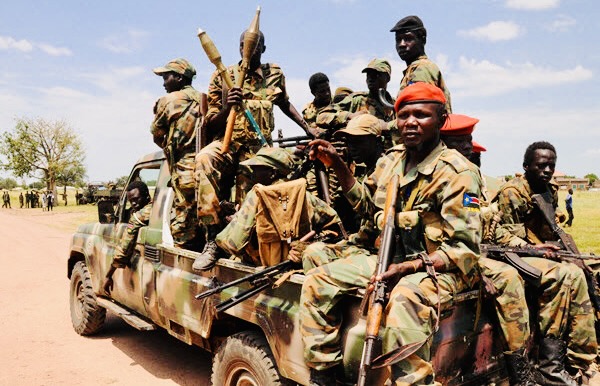
Secure Borders
Despite the SSPDFs and the government’s refusal to comment and the ongoing economic hardship, most South Sudanese who spoke to Ayin believe in the ability of the SSPDF to protect the country’s borders in case of any eventuality. Since April, the government has beefed up security for its northern neighbour with over 9,000 soldiers deployed along the border.
In mid-August, the government also refused to comment on local media reports of the presence of the Uganda Peoples’ Defence Forces (UPDF) in Raja County and in Magwi County of Eastern Equatoria State, which borders Uganda to the south of South Sudan in early July. They are reported to have beaten locals in Magwi last month, asking them to vacate the county.


